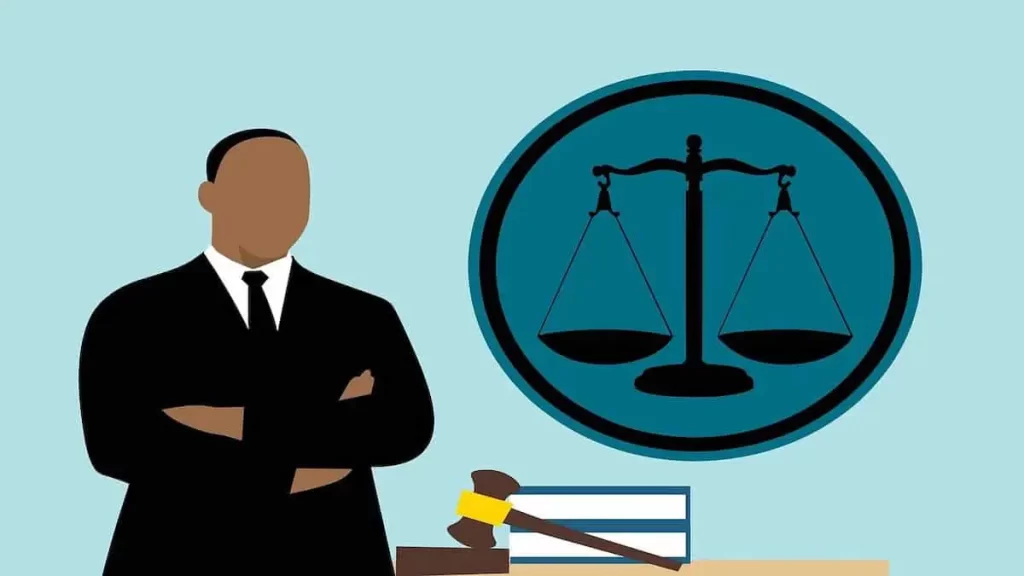Jahanvi Agarwal
On Wednesday, the Supreme Court of India reserved its judgment in a plea that was discussing the power of the Bar Council of India (BCI) to regulate matters pertaining to enrolment as an advocate.
Advocate Ardhendumauli Kumar Prasad appearing for BCI, gave reference to a judgment given by a constitutional bench that there are wide powers for the BCI which can be exercised not only past enrolment but pre-enrolment as well.
The Orissa High Court’s decision prohibiting the BCI from imposing any requirements for enrolling as an advocate, including the requirement that a law student has only graduated from a recognized law institution, had been stayed by the Top Court.
The Bench of Justices Vikram Nath and Sanjay Kumar ordered:
“Despite service of notice, no one has appeared on behalf of the Respondents. We have heard the Advocate for the Petitioners. Judgement reserved”.
In the instant case, Rabi Sahi i.e., the respondent obtained his law degree from a law college. However, the affiliation was canceled by BCI. He approached the High Court as he was unable to enroll as an advocate. The High Court held that the BCI can not frame or add any rule or condition in relation to enrolment and Section 24 of the Advocates Act, 1961.
As the matter reached the top court, they held that the BCI recognition will be granted when it is satisfied that the institution provides all the facilities required for proper legal education. Such steps are required by BCI to perform in order to ensure the quality of legal education through the 5-year courses.
In addition, it was contended that BCI had decertified 48 institutions and that if the contested ruling was upheld, the remaining colleges would seek affiliation in order to assert fairness. The Court was inclined to stay the contested decision after hearing the arguments. The year 2013 saw the court admitting the issue.
Case Name: Bar Council of India v. Rabi Sahu

